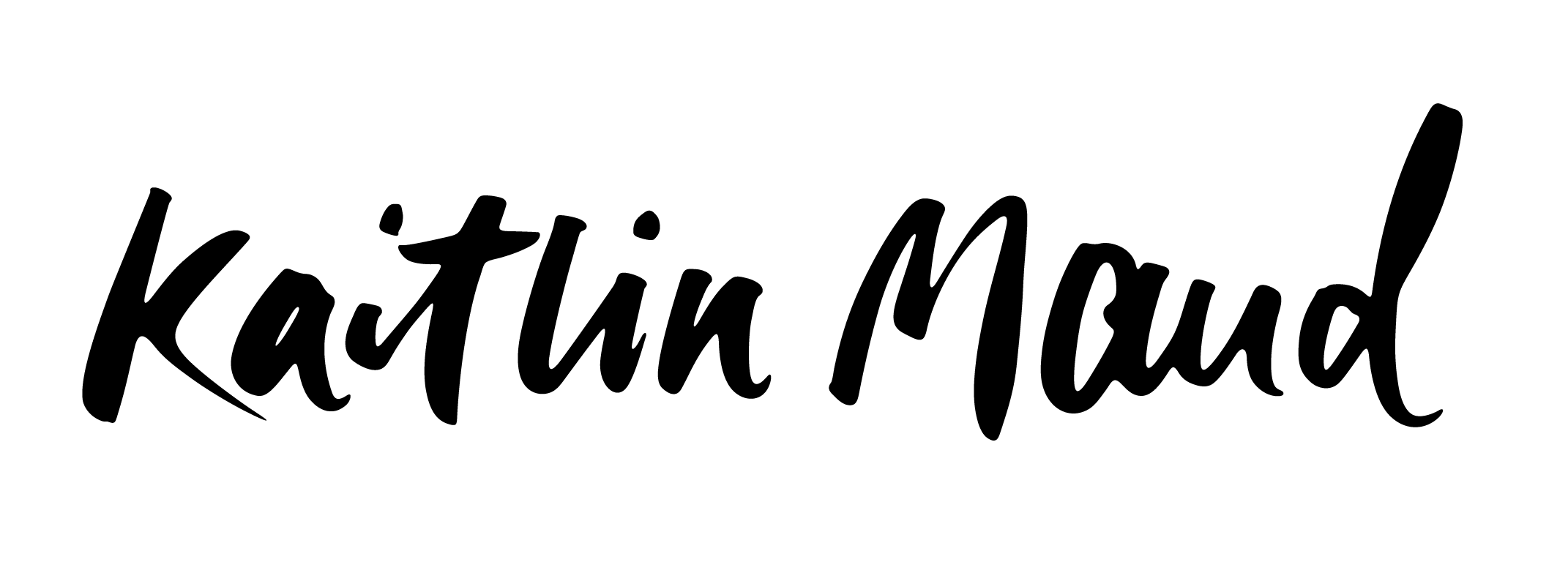A proposal for Creative Health
Hi there! It's Kaitlin. I am writing to you today from Brookline, MA where I am visiting friends and joining the second week of my Grad School intensive over Zoom.
I wanted to share a bit more about the graduate program I doing in Art Therapy and how it relates to the work I do as a strategist. But before I dump you into counseling theories, Bruce Moon (my new favorite human), the pitfalls of academia, and the therapeutic benefit of contour line drawings, I wanted to back up and tell you a little bit about how I got here.
Earlier this year, coming out from under a proper COVID-fueled ego death, I decided to exit the company I founded in order to pursue a more intentional, independent work-life. As a part of that pursuit (and after much consulting with my own therapist) I applied to the Art Therapy Graduate program at Lesley University. The Personal Statement I submitted as a part of my application was more of a persuasive essay than anything- a rallying cry. While it is rooted in my experience working with ad agencies and big companies across America, I wanted to share my vision with the Admissions team. The full essay can be found in a Google Doc (here), but here is the most relevant passage.
The synonym for “Strategy” in the advertising industry is “Insights”. Strategists (like me) are charged with collecting and analyzing data and then presenting opportunities and potential paths forward. Just like a psychologist helps a client arrive at an insight, a Strategist presents “insights” to a team with the intention of sparking ideas for innovative solutions to problems. These solutions can range from a new brand identity, to a new product line, or a public awareness campaign. Recognizing that my “insights” were not enough to motivate dysfunctioning teams, I began to shift my work dramatically over the last two years, introducing new tactics to stimulate divergent thinking. I host “field trips” out of the office, give multisensory presentations of findings (think: a narrated day-in-the-life audio story of one of their customers), and produce tangible “artifacts” to help clients remember the key strategic insight. I ask my clients for their gut instinct on things. I believe that the process of idea generation should be enjoyable and even easy. I believe that if we as individuals and teams are in good creative health, that we can create more than ads; we can create new industries, new technologies, and even new communities. All of these efforts have been experiments in fostering creative health.
Examining health in the workplace is not a new proposition. There have been a number of studies published that make the case for 4 day work weeks, increasing psychological safety amongst teams, and continued adoption of remote work, yet there seems to be no talk about creative expression as a vector for productivity or employee well-being. The term “creative health” is an intentional one. “Creative health” is the summation of a thesis I have about what is needed to combat disease and dysfunction in corporate America. If creativity is the key to successful problem-solving, why aren’t we helping people integrate practices of creativity in their life, promoting exploration, art-making of all kinds, consumption of creative works, and/or rest? Imagine the potential if the people we task with being creative professionally were given time to play, create, experiment.
How people operate in one area of life is often an indicator of how they are operating holistically. If we gave them a new artistic toolbox, can we help them access healing in their emotional health? My goal in applying to Lesley is to deepen my own education on the healing potential of art making. I want to challenge or validate my beliefs about creative expression. A foundation in psychology through the lens of art-making as a means to understand the relationship between creative expression and personal growth. I hope to identify new avenues to work with creative professionals and advocate on their behalf for change that fosters the level of creative problem solving we need. We are in a unique time of reassessing the future of work, challenging sociopolitical systems, and taking a critical eye to American Capitalist ideals. If we cannot begin to recognize creative expression as a measure of health, I worry we will continue to foster generations of unhappy, overworked people.
The thought that hasn't gotten out of my head is that I've spent nearly 15 years working on the wrong problems. In order to address the issues that I think are most critical for our people and our world right now, we need to go deeper.
What do you think? Do you buy it? What does Creative Health mean or look like to you?
Thank you for coming on this journey with me.
This is a collaborative piece of art I did with my 5 year old for homework last week to show and talk about times when art has been healing for me personally.

